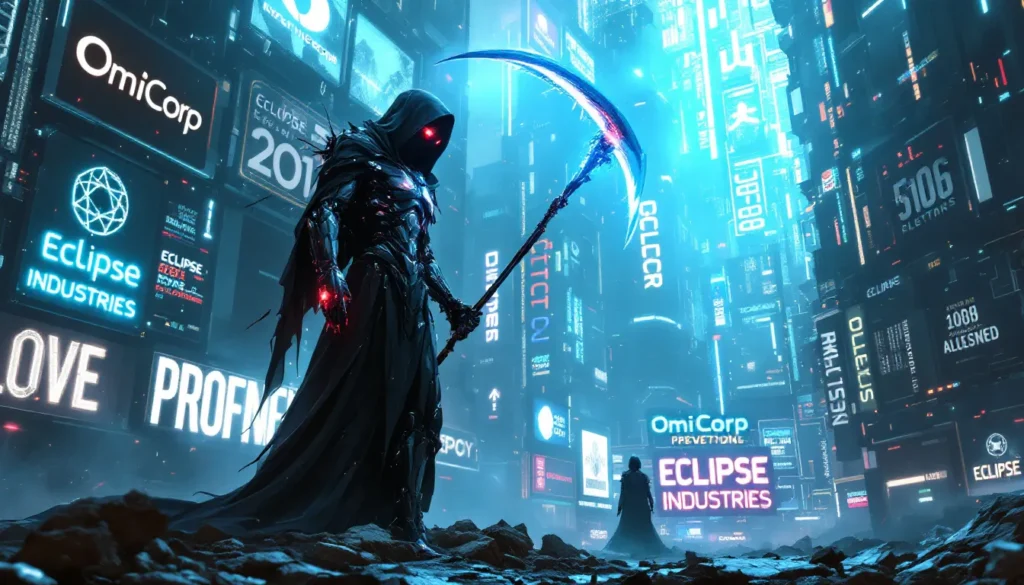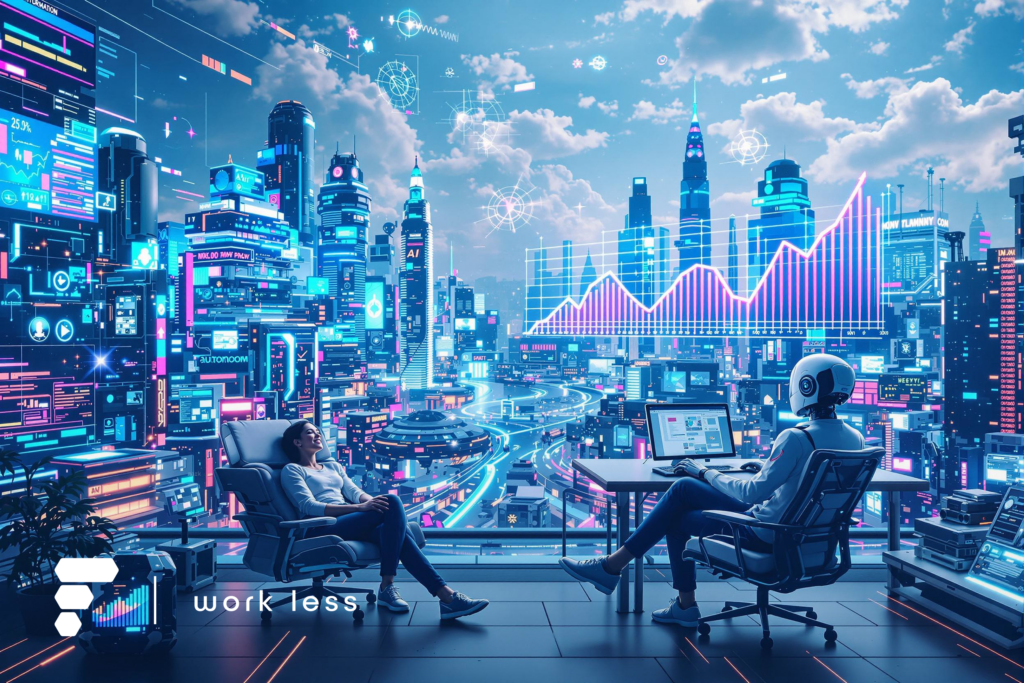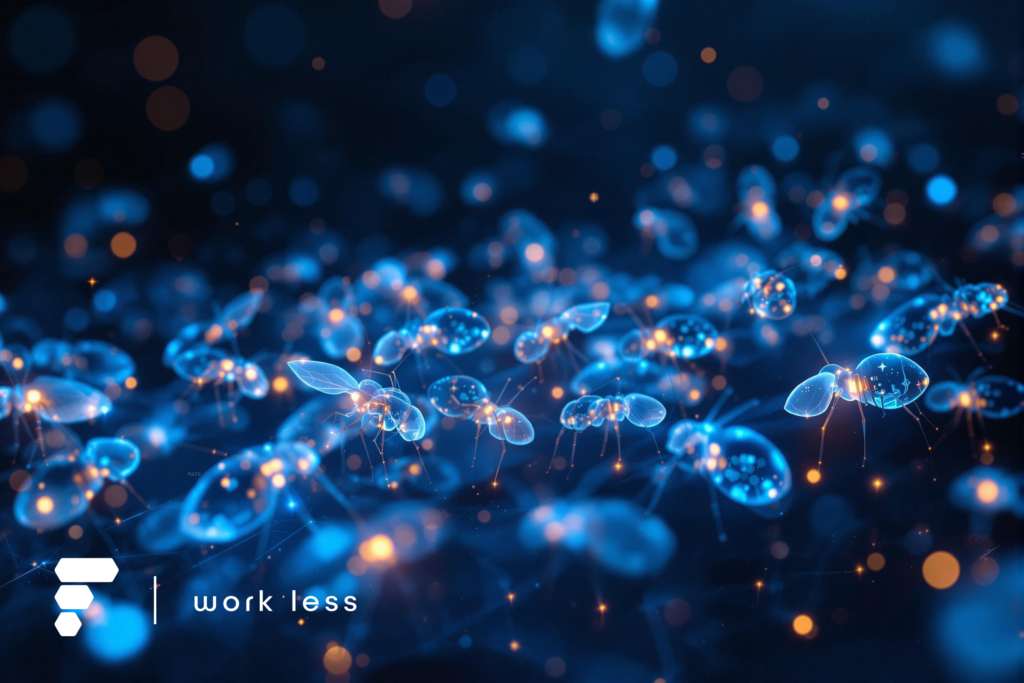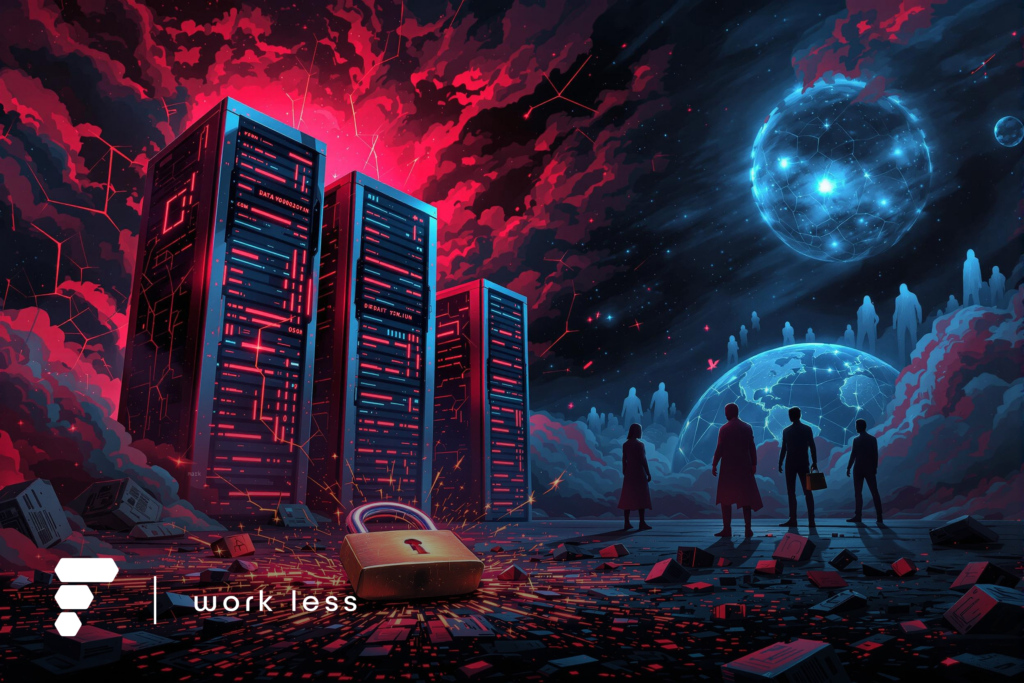In the rapidly evolving landscape of artificial intelligence (AI), the legal battle between Thomson Reuters and ROSS Intelligence serves as a cautionary tale for emerging tech companies. In May 2020, Thomson Reuters, the parent company of the legal research platform Westlaw, filed a lawsuit against ROSS Intelligence, alleging unauthorized use of Westlaw’s proprietary content to train ROSS’s AI-driven legal research tool. Despite the case reaching a pivotal ruling in February 2025, the prolonged legal proceedings had already taken a toll; ROSS Intelligence ceased operations in January 2021, succumbing to the financial and operational pressures of the lawsuit.
The Legal Battle Unfolds
Thomson Reuters accused ROSS of infringing on its copyrights by allegedly copying Westlaw’s curated legal materials without permission. ROSS contended that its use constituted fair use, arguing that it transformed the original content for a new, innovative purpose. However, in a landmark decision in February 2025, U.S. District Judge Stephanos Bibas ruled in favor of Thomson Reuters, stating that ROSS’s actions did not meet the criteria for fair use under U.S. copyright law. This ruling marked one of the first significant judgments addressing the intersection of AI and intellectual property rights.
The ROSS Intelligence case underscores the formidable challenges that startups and smaller companies face when embroiled in legal disputes with industry giants. The combination of mounting legal fees, resource diversion, and the uncertainty of prolonged litigation can be debilitating. For ROSS, the financial strain and operational disruptions led to its closure well before the court rendered a final verdict. This scenario highlights a critical issue: smaller entities may “lose the war” against larger adversaries due to the sheer burden of legal battles, irrespective of the eventual legal outcome.
Current Legal Battles in AI Copyright
The legal landscape surrounding artificial intelligence (AI) and copyright is becoming increasingly complex, with several high-profile cases highlighting the tensions between organizations, AI developers and content creators. Below is an in-depth examination of notable legal disputes that underscore the challenges at this intersection:
1. Condé Nast, McClatchy, and Others vs. Cohere
(Filed: February 2025 – Southern District of New York)
In one of the first lawsuits targeting a major AI language model outside of OpenAI, a group of leading media publishers—including Condé Nast, McClatchy, Forbes Media, and The Guardian—filed suit against AI startup Cohere, accusing it of illegally using their copyrighted articles to train its AI models.
The plaintiffs allege that Cohere scraped over 4,000 copyrighted works without authorization, violating both copyright and trademark laws. The lawsuit argues that Cohere’s models can generate factually incorrect summaries and misattributed content, misleading users while bypassing the original publishers’ websites.
The case has major implications for the AI industry:
If publishers win, it could force AI developers to license news and journalistic content, setting a precedent that extends to books, academic research, and other written works.
If Cohere prevails, it may reinforce the argument that AI models are fairly transforming training data into something new.
This lawsuit directly challenges the claim that publicly available text can be freely used in AI training.
2. Authors Guild vs. OpenAI
(Filed: September 2023 – Southern District of New York)
A group of prominent authors, including George R.R. Martin, Jodi Picoult, and John Grisham, joined a class-action lawsuit against OpenAI, claiming that its models were trained on their copyrighted books without permission. The lawsuit alleges that ChatGPT and other OpenAI tools can generate detailed summaries, character descriptions, and even unofficial sequels based on their works.
Key points from this case:
The Authors Guild argues that AI-generated outputs based on their books reduce the commercial value of original works.
The case seeks to establish legal precedent for whether AI training counts as a “transformative use” or an unauthorized reproduction.
A win for OpenAI could make it easier for AI companies to train on books and other long-form content. A win for the authors could force AI developers to license literary works the same way music and film industries operate.
This lawsuit has wide-ranging consequences for copyright law and AI-generated content, as it questions whether AI is a creative tool or a derivative content generator.
3. Getty Images vs. Stability AI
(Filed: January 2023 – United Kingdom & United States)
In one of the most significant cases involving AI and visual content, Getty Images sued Stability AI, accusing the company of illegally using millions of copyrighted images to train its Stable Diffusion model. Getty argues that Stability AI scraped its watermarked images without a licensing agreement, violating intellectual property laws in both the U.K. and the U.S.
This case is critical because:
AI-generated images are increasingly commercialized, raising questions about how much originality they truly have if they’re trained on copyrighted content.
Getty is pushing for legal clarity on AI training, asking courts to decide whether training AI models on copyrighted images counts as infringement.
A ruling against Stability AI could require AI companies to obtain explicit licensing for images, potentially reshaping the economics of generative AI models.
This lawsuit mirrors similar concerns in music, video, and text-based AI models, as creators push back against unauthorized data scraping.
4. Sarah Silverman and Others vs. Meta & OpenAI
(Filed: January 2025 – U.S. District Court, California)
Comedian and author Sarah Silverman, alongside other writers, sued Meta (Facebook’s parent company) and OpenAI, alleging that the companies used pirated books to train their AI models.
The lawsuit points to internal documents suggesting that Meta executives were aware of the data scraping but proceeded anyway, citing the competitive need to improve AI model performance.
Why this case matters:
If Silverman and the authors win, AI developers may be required to prove they acquired training data legally.
If Meta prevails, it could reinforce the argument that AI training is fair use, even when sourced from unauthorized copies.
This case will likely influence future AI training disclosure laws and publisher-AI partnerships.
5. Visual Artists vs. Stability AI, Midjourney, and DeviantArt
(Filed: August 2024 – U.S. District Court, California)
A landmark ruling in August 2024 determined that AI companies illegally stored and used copyrighted art in their training datasets. Visual artists sued Stability AI, Midjourney, and DeviantArt, arguing that their artworks were scraped without consent to train AI image generators.
The court sided with the artists, marking the first legal victory for creators in the AI copyright battle. This sets a precedent that AI-generated images trained on copyrighted works may be legally questionable.
If upheld in appeals, this case could force:
AI developers to license images before training models.
New protections for visual artists, similar to music industry copyright laws.
Implications for the AI Industry: A Precarious Landscape for Innovation
The growing number of copyright lawsuits against AI companies signals a turning point in how intellectual property law will interact with artificial intelligence. These legal confrontations have wide-reaching consequences, affecting AI startups, established tech giants, content creators, and even policymakers.
For AI developers, particularly startups and mid-sized companies, these lawsuits highlight the high-risk environment of developing generative AI models. The industry thrives on massive, diverse datasets, but legal disputes now raise uncertainty over what data can and cannot be used. Without clear legal guardrails, AI companies face the dilemma of either restricting training data, potentially reducing model effectiveness, or risking costly litigation by proceeding without explicit permissions. The financial impact of even a single lawsuit—ranging from legal fees to potential settlements—can be devastating, especially for companies without the deep pockets of tech giants like OpenAI, Google, or Microsoft.
For content creators, including authors, journalists, photographers, and visual artists, these cases represent an opportunity to establish stronger protections against AI systems trained on their work. If courts consistently rule that AI models cannot be trained on copyrighted content without compensation, it could lead to a new licensing economy, where AI developers must pay for access to text, images, and audio in a way similar to existing streaming and media licensing agreements. However, the challenge remains in defining what constitutes “transformative use” and how content creators can enforce their rights in an AI-driven world.
For policymakers and regulators, these cases increase pressure to develop clearer laws governing AI training data. Existing copyright laws were never designed for AI—they were built to govern traditional content reproduction and distribution. The legal system is now being forced to apply old frameworks to new technology, often with unclear results. This has led to inconsistent rulings across jurisdictions and uncertainty in the industry.
At its core, this legal showdown is a battle over access to data, and the outcome will shape who gets to build the next generation of AI—whether innovation remains open to a range of players or becomes concentrated in the hands of a few dominant corporations that can afford expensive licensing deals and legal defenses.
Navigating the Path Forward
The intersection of AI development and intellectual property law is at a critical juncture. To foster innovation while respecting creators’ rights, several measures could be considered:
Establishing Clear Legal Frameworks: Legislators and policymakers need to delineate clear guidelines that balance the interests of AI innovators and content creators, providing a roadmap for lawful AI development.
Developing Licensing Models: Creating standardized licensing agreements could facilitate legal access to large datasets, enabling AI companies to train their models without infringing on intellectual property rights.
Encouraging Collaboration: Fostering partnerships between AI developers and content owners can lead to mutually beneficial arrangements, promoting innovation while safeguarding intellectual property.
The ROSS Intelligence case serves as a stark reminder of the challenges that lie at the intersection of AI innovation and intellectual property law. As the AI landscape continues to evolve, addressing these legal complexities will be essential to ensure a vibrant and equitable environment for technological advancement.
Conclusion: The Future of AI Hangs in the Balance
The Thomson Reuters vs. ROSS case is more than just a legal dispute—it is a symbol of the growing tensions between AI innovation and intellectual property rights. ROSS Intelligence may have lost the war before the battle even concluded, shutting down years before a final ruling, but the implications of this case extend far beyond one company. It highlights a troubling reality: legal battles with industry titans can cripple smaller AI firms, not necessarily because they are guilty of wrongdoing, but because the cost of defense is too great.
As this case plays out alongside a wave of AI copyright lawsuits, it is clear that we are at a critical inflection point. The Cohere lawsuit, the Authors Guild vs. OpenAI, and the Getty Images case—among others—all reflect the high-stakes battle over data ownership. Courts are now being asked to redraw the boundaries of fair use in an era where AI models rely on massive datasets. The outcomes of these cases will set legal precedents that could determine whether AI development continues at its current pace or faces new regulatory and licensing roadblocks.
For AI companies, the risk is not just about being sued—it’s about whether the cost of compliance, licensing, and legal safeguards will make AI development financially viable. If every dataset requires explicit permissions, will only the largest tech corporations be able to build generative AI systems? Will smaller AI startups even stand a chance in an industry where legal battles could drain resources before they ever reach the market? On the other side of the debate, content creators—from journalists and authors to visual artists and musicians—are fighting to protect their work from being used without consent. The current lawsuits could establish whether creators are entitled to compensation when AI models trained on their content are commercialized. If courts favor content owners, we may see the rise of new AI licensing frameworks, much like those that exist in the music and film industries.
The AI industry is entering a phase of increased legal scrutiny, requiring companies to adapt to evolving intellectual property regulations. As legal frameworks develop, businesses must consider how to align their AI training methods with emerging standards for data usage and copyright protection. The court rulings and policy decisions made today will influence the future of AI innovation, determining how data accessibility and intellectual property rights coexist in a rapidly advancing technological landscape.
What happens next will define the next decade of AI development. The choices made in courtrooms today will shape the innovation landscape of tomorrow—deciding whether AI remains an open frontier or becomes a regulated battleground where only the most well-funded can compete.



